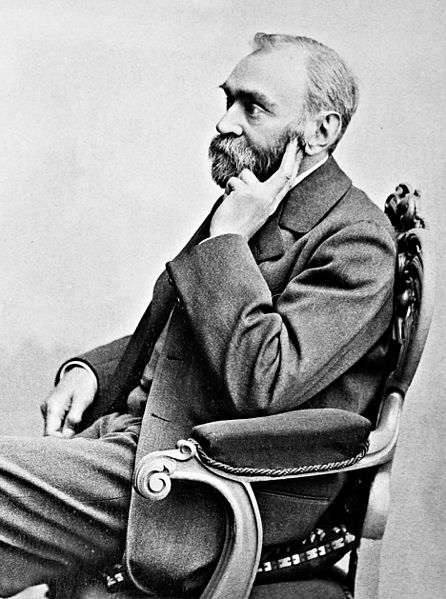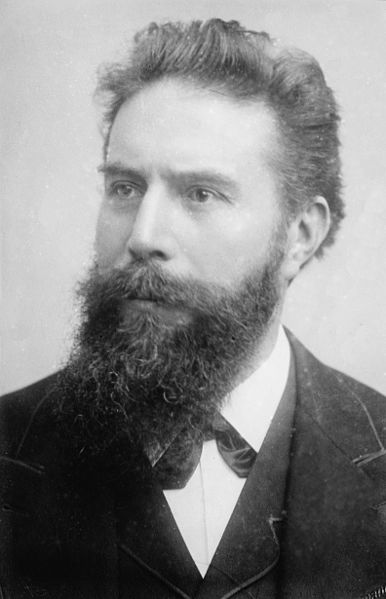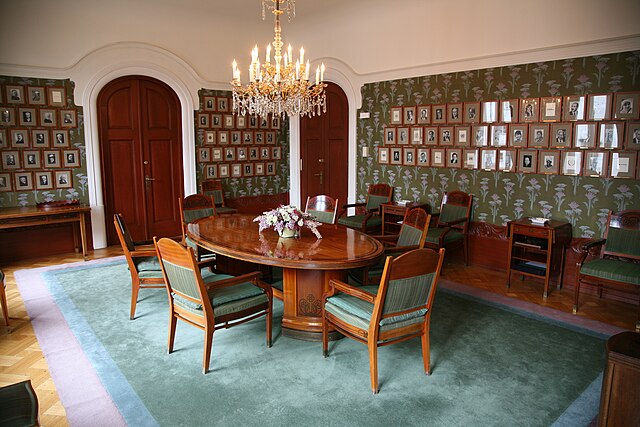The Nobel Peace Prize is one of the five Nobel Prizes established by the will of Swedish industrialist, inventor, and armaments manufacturer Alfred Nobel, along with the prizes in Chemistry, Physics, Physiology or Medicine, and Literature. Since March 1901, it has been awarded annually to people who have "done the most or the best work for fraternity between nations, for the abolition or reduction of standing armies and for the holding and promotion of peace congresses." The Oxford Dictionary of Contemporary History describes it as "the most prestigious prize in the world."
Jimmy Carter's 2002 Nobel Peace Prize
Alfred Nobel
The Norwegian Nobel Institute in Oslo, Norway
The 14th Dalai Lama and Archbishop Desmond Tutu, Nobel Peace Prize laureates
The Nobel Prizes are five separate prizes awarded to "those who, during the preceding year, have conferred the greatest benefit to humankind," as established by the 1895 will of Swedish chemist, engineer, and industrialist Alfred Nobel, in the year before he died. Prizes were first awarded in 1901 by the Nobel Foundation. Nobel's will indicated that the awards should be granted in the fields of Physics, Chemistry, Physiology or Medicine, Literature, and Peace. A sixth prize for Economic Sciences, endowed by Sweden's central bank, Sveriges Riksbank, and first presented in 1969, is also frequently included, as it is also administered by the Nobel Foundation. The Nobel Prizes are widely regarded as the most prestigious awards available in their respective fields.
Alfred Nobel had the unpleasant surprise of reading his own obituary, which was titled "The Merchant of Death Is Dead", in a French newspaper.
Alfred Nobel's will, which stated that 94% of his total assets should be used to establish the Nobel Prizes
Wilhelm Röntgen, who received the first Nobel Prize in Physics for his discovery of the X-ray
The committee room of the Norwegian Nobel Committee







